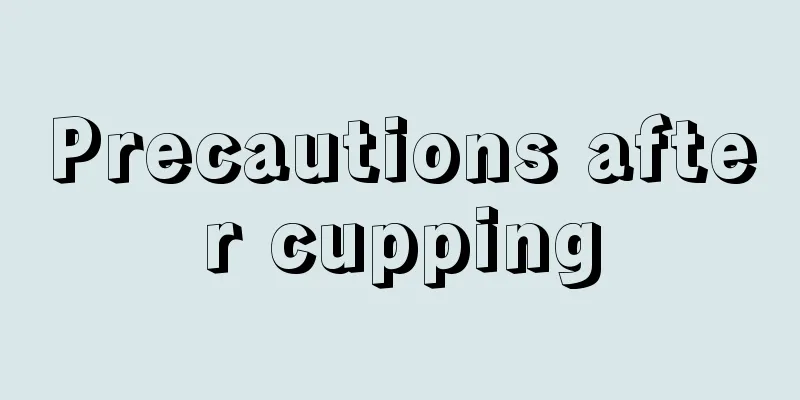Central nasal curvature

|
The nose is an important part of the human body, but it is also prone to diseases. For example, rhinitis can be a serious condition such as nasal cancer. No matter what serious nasal disease it is, you should pay attention to timely treatment. The nasal center is an important part of the nose structure, but problems often occur in this part. For example, accidental injuries that cause damage to the nasal center are more serious and need to be treated promptly. So what is the cause of nasal deflection? Causes 1. Nasal trauma It often occurs in childhood, and the history of trauma is often forgotten. Because the various parts that make up the nasal septum are still in the development stage, the nasal symptoms in children are not obvious. As we age, the various parts of the nasal septum grow and ossify, causing nasal septum deviation. Nasal trauma in adults may also cause nasal septum deviation or nasal septum cartilage dislocation. If all the cartilage segments of the nasal septum are deviated and tilted to one side, a crooked nose will form. Nasal trauma is often complicated by dislocation of the nasal septum cartilage or even cartilage fracture. If not repositioned in time, it may leave a deviated nasal septum. 2. Developmental abnormalities The nasal septum is composed of several pieces of cartilage during the embryonic period. During the process of development, growth and ossification, if the development of bones and cartilage is unbalanced or the growth of bones is unbalanced, deformities or deviations will occur; bone spines or ridges will form at the joints. Common causes include enlarged adenoids leading to long-term mouth breathing, which eventually causes the hard palate to be arched, shortens the distance between the top and bottom of the nasal cavity, restricts the development of the nasal septum and causes nasal septum deviation; malnutrition affects the development and ossification of the nasal septum, which can also cause nasal septum deviation. 3. Genetics The occurrence of nasal septum deviation is related to genetic factors. 4. Pressure Factors Tumors in the nasal cavity or paranasal sinuses, as well as giant nasal polyps, can also push the nasal septum to one side. treat Patients who are diagnosed with deviated nasal septum and have obvious symptoms can be treated with surgery. With the help of nasal endoscopy, the deviated nasal septum can be corrected to improve nasal ventilation and achieve the purpose of treatment. The surgical methods are generally submucous septum resection and submucous septum correction or plasty. Surgery is not recommended for adolescent patients under the age of 18. In special circumstances, corrective surgery should be chosen. For patients with deviated nasal septum cartilage and crooked nose, the "swinging door method" can be used. Prevention of nasal septum deflection The cause of nasal septum deviation is mainly trauma, as mentioned before. Therefore, preventing head and facial trauma is an important measure, especially trauma to newborns and children should be avoided. Such as forceps injuries, bruises, falls, etc., although the symptoms are not obvious at the time, they are the root cause of subsequent deviation. |
<<: Reasons why the knee joint cannot bend
Recommend
What are the effects of red date flavored skim milk tea
Milk tea has become more and more the most famous...
Things you need to know to prevent bile duct cancer
Because most bile duct cancers are already in the...
Let's talk about the dangers of testicular cancer
Testicular cancer is a male disease that seriousl...
Will eating only rice make you fat?
The biggest rumor about weight loss is that rice ...
Endometrial cancer cure rate
Can endometrial cancer be cured? Many patients fe...
What are the major dangers of prostate cancer
Gynecological diseases are exclusive to female fr...
Is it okay for a three month old baby to swim?
There are many baby swimming pools in cities big ...
What is hypothalamic dysfunction syndrome
Hypothalamic dysfunction syndrome is a disease ca...
What is the best way to solve numbness in feet?
I believe many people have experienced symptoms o...
How to prevent ovarian cancer? How long can ovarian cancer patients live?
For effective prevention, it is best to have regu...
Can stage II nasopharyngeal carcinoma be cured? How to treat it?
Nasopharyngeal carcinoma is one of the most annoy...
How to quickly get rid of cockroaches
Due to environmental restrictions, cockroaches ar...
Boiler scale removal method
In fact, cleaning the scale inside the boiler is ...
What foods should not be eaten by bladder cancer
Bladder cancer patients should eat foods rich in ...
What juice can help you sober up quickly?
I believe many of us have drunk alcohol, and for ...









